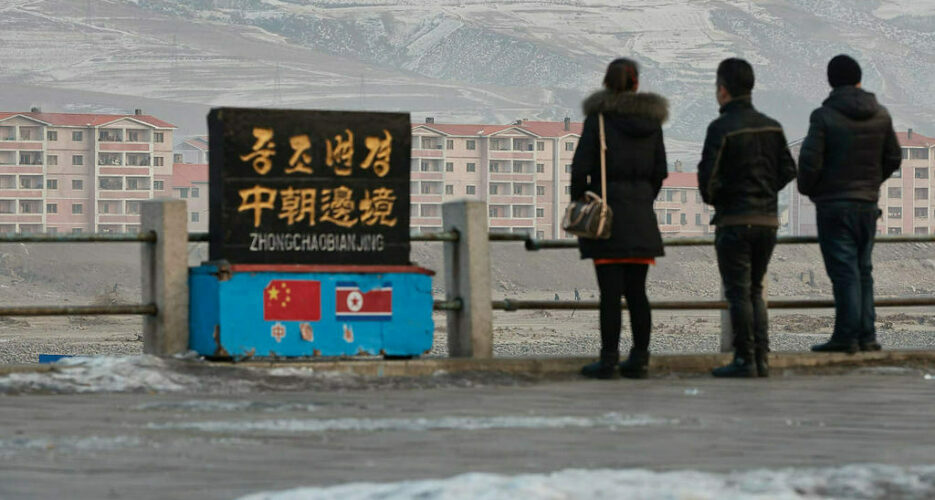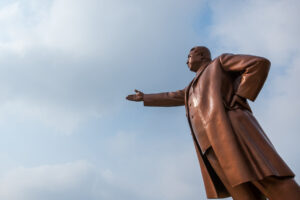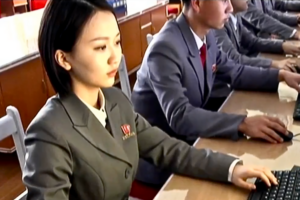Correction at 19:20 of 2020-02-27: The article previously said that the DPRK's export of sand was not sanctioned, when it was in fact sanctioned via UNSC Resolution 2397 passed in late 2017.
Following the leak to media of a forthcoming UN report on North Korean sanctions enforcement and violations, China on Monday rejected accusations in the report that it helped Pyongyang evade sanctions in 2019 as “baseless.”
Correction at 19:20 of 2020-02-27: The article previously said that the DPRK's export of sand was not sanctioned, when it was in fact sanctioned via UNSC Resolution 2397 passed in late 2017.
Following the leak to media of a forthcoming UN report on North Korean sanctions enforcement and violations, China on Monday rejected accusations in the report that it helped Pyongyang evade sanctions in 2019 as “baseless.”
Try unlimited access
Only $1 for four weeks
-
Unlimited access to all of NK News: reporting, investigations, analysis
-
Year-one discount if you continue past $1 trial period
-
The NK News Daily Update, an email newsletter to keep you in the loop
-
Searchable archive of all content, photo galleries, special columns
-
Contact NK News reporters with tips or requests for reporting
Get unlimited access to all NK News content, including original reporting, investigations, and analyses by our team of DPRK experts.
Subscribe
now
All major cards accepted. No commitments – you can cancel any time.










